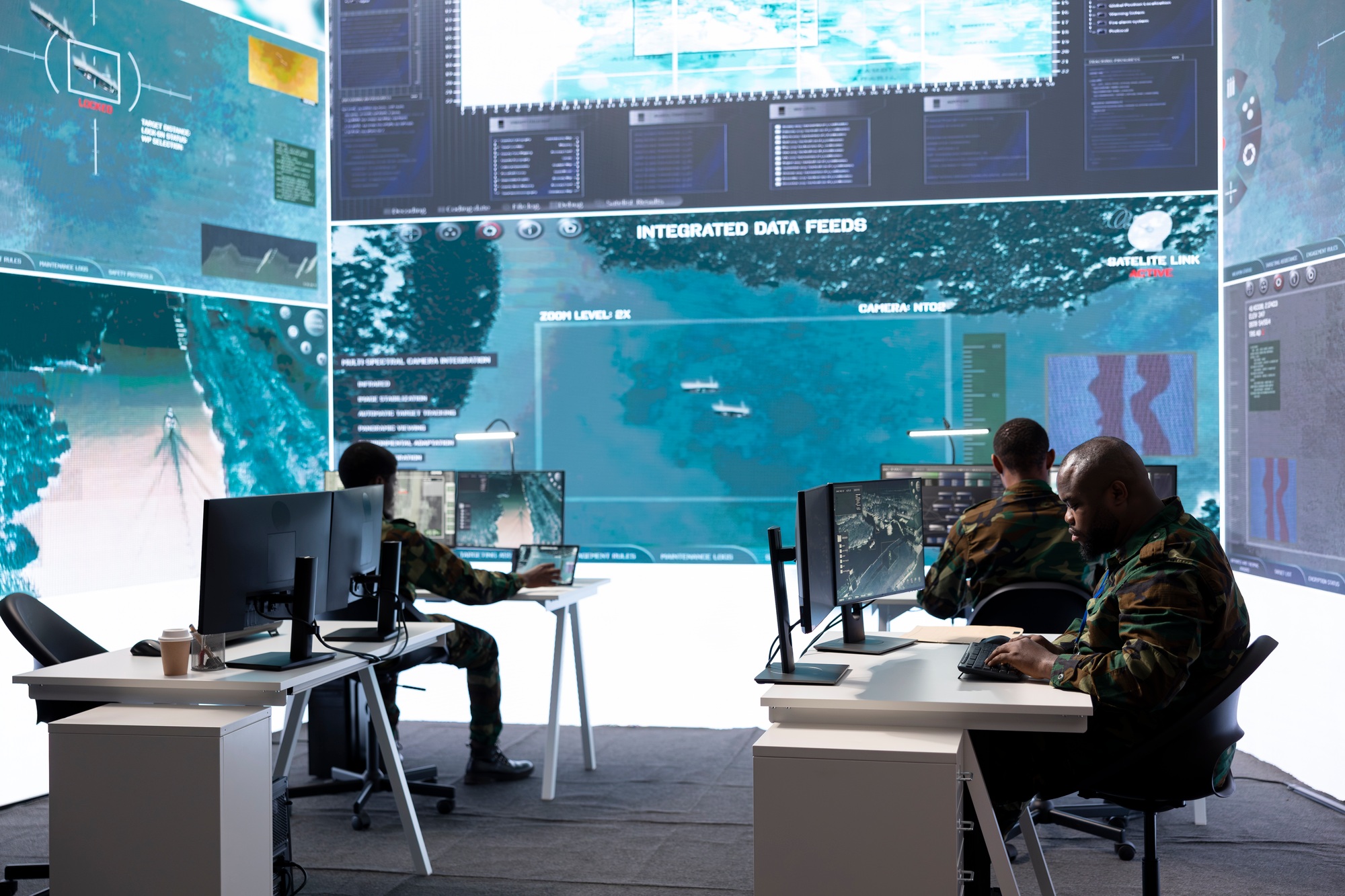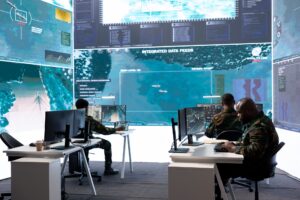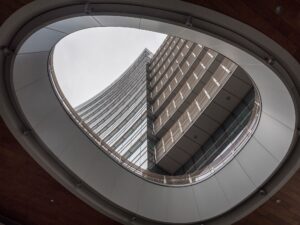Sovereignty needs substance - Europe's strategic realignment
The geopolitical changes in Europe in recent years have not only sent out security policy signals, but also economic ones. The European Union is responding to this not with symbolic policy, but with structure. By 2030, funds are to be mobilized on an unprecedented scale - particularly in the defence and security sector. This is not a short-term trend, but a politically desired structural change.
ReArm Europe - Europe's new security architecture
With the "ReArm Europe" program, the EU is providing over 800 billion euros to strengthen the continent's industrial defence capabilities. The aim is not only technological sovereignty, but also the development of key technologies, production capacities and strategic resilience. The SAFE Fund ("Security Action for Europe") with a volume of 150 billion euros is at the heart of this.
Unlike in previous decades, it is no longer about traditional armament, but about developing an independent European security architecture - in close cooperation with industry, research and international cooperation.
Responsibility as a guiding principle
It is clear to us that topics such as security and defense are not fields for speculation. The decisive factor is how structures work - and what contribution they make to the stability of societies. The focus is on applications that protect people, secure infrastructures and build resilience in critical systems. These include cyber defense, secure communication, early warning systems and intelligent monitoring in security-relevant areas.
Structures that are geared towards offensive warfare or whose activities take place in questionable markets are excluded. Our aim is not opportunism, but the search for credible, sustainable solutions.
Access through context and dialog
The planned EU funds are not freely accessible. They require a deep understanding of the market, a clear stance and resilient networks. At the Swiss Family Investors Club, we discuss these developments in confidential circles and briefings - not just as an economic option, but embedded in political, ethical and social contexts.
The aim is not to present products, but to provide orientation: Which structures really contribute to Europe's stability? Where do opportunities arise through resilience, security and responsibility? And how can networks be used to create long-term benefits - for companies, institutions and society as a whole?
Conclusion
Europe is investing in its security. At the Swiss Family Investors Club, we see this development as an invitation to take responsibility. It is not capital alone that is decisive, but attitude, substance and clarity.



